Odawara, a historic Japanese city, offers visitors a profound cultural experience. Within its ancient temple, travelers can partake in guided Zen meditation, cultivating mindfulness through the practice of zazen. Complementing this spiritual journey, the temple’s renowned Shojin Ryori cuisine showcases the natural flavors of seasonal ingredients. Yet, the true highlight lies in the temple’s traditional tea ceremony, where the ritual’s tranquil harmony and reverence transport participants to the heart of Japan’s cultural heritage. With so much to discover, one can’t help but feel intrigued to unveil the temple’s timeless legacy.
Key Points
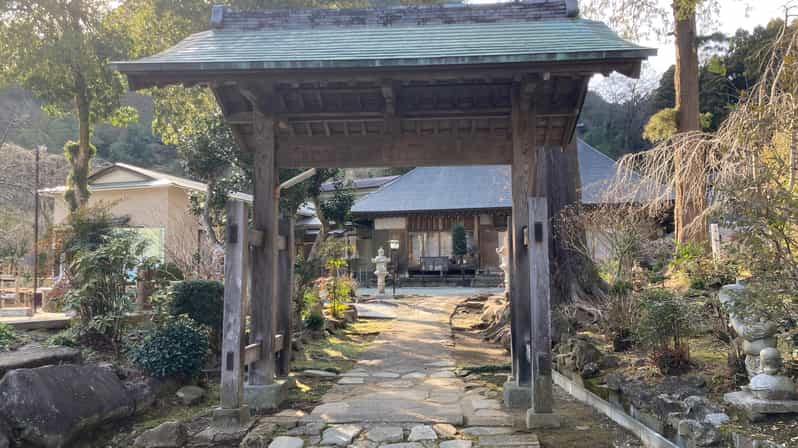
-
Odawara’s Temple Tranquility offers a serene setting for visitors to engage in Zen meditation, experience traditional Japanese tea ceremony, and savor the flavors of Shojin Ryori cuisine.
-
Zazen meditation sessions led by experienced instructors provide guidance on proper posture, breathing techniques, and cultivating mindfulness, concentration, and self-awareness.
-
Shojin Ryori, the delectable vegetarian cuisine served at the temple, highlights the natural flavors of seasonal ingredients through a variety of skillfully prepared dishes.
-
The matcha tea ceremony at the temple embodies the Japanese aesthetic values of harmony, respect, purity, and tranquility, inviting participants to deepen their sense of inner calm.
-
The temple’s historic legacy as a center for Zen Buddhist practice, with its elegant architecture and refined aesthetic sensibilities, offers visitors a connection to Japan’s rich cultural heritage.
Taking in Temple Tranquility
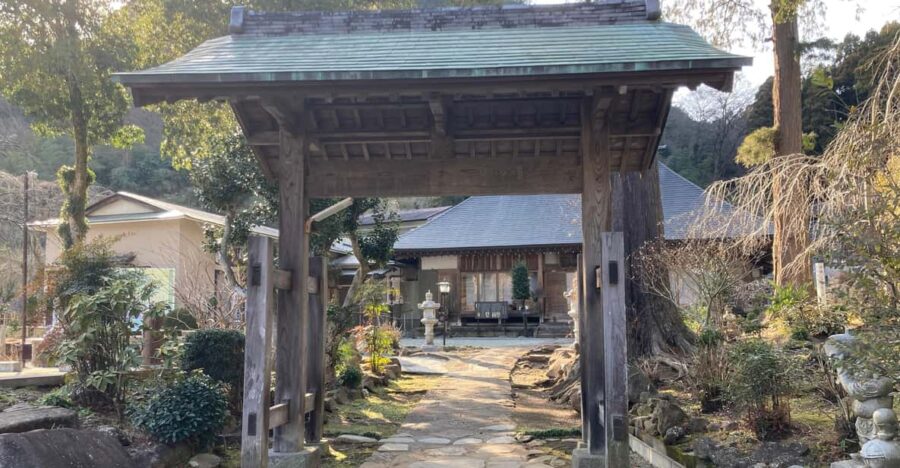
Visitors step into a realm of serenity as they enter the historic temple grounds. The ancient architecture and well-manicured gardens create a peaceful ambiance, inviting guests to slow down and enjoy the tranquility.
The temple’s long history is palpable, with each structure and detail offering a glimpse into the site’s cultural significance. As participants explore the premises, they’re encouraged to observe their surroundings mindfully, taking note of the sights, sounds, and sensations that define this sacred space.
This calming setting serves as the perfect backdrop for the transformative experiences that await – from Zen meditation to the traditional tea ceremony.
You can also read our reviews of more tours and experiences in Odawara.
Zazen Meditation Instruction
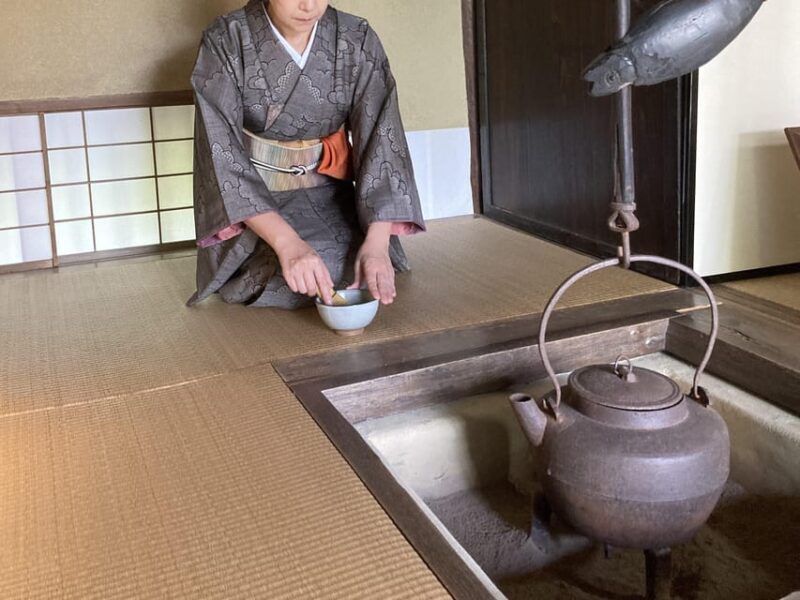
Participants are guided through the fundamentals of Zazen meditation by an experienced instructor. They’ll learn the proper posture, breathing techniques, and mental focus required for this form of seated meditation.
The instructor explains the significance of Zazen and how it cultivates mindfulness, concentration, and self-awareness. Participants then have the opportunity to practice Zazen, sitting in silence and directing their attention inward.
The instructor provides gentle guidance and feedback, ensuring everyone feels comfortable and supported throughout the session. This introduction to Zazen lays the groundwork for a deeper understanding of the Zen Buddhist tradition and its transformative effects on the mind and body.
Savoring Shojin Ryori Lunch
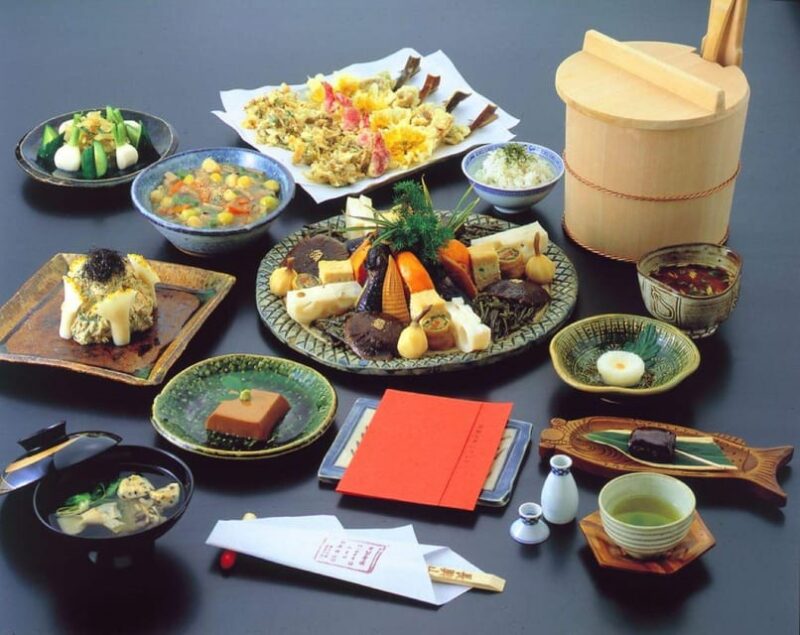
After the Zazen meditation session, guests dive into a delectable Shojin Ryori lunch. Shojin Ryori is a traditional Japanese vegetarian cuisine that emphasizes the natural flavors of seasonal ingredients.
The meal typically includes:
- A variety of skillfully prepared vegetable dishes, such as simmered mushrooms and crisp tempura
- Steamed tofu in a savory broth, highlighting the rich umami flavors
- Pickled vegetables providing a refreshing contrast
- A simple but satisfying rice dish, often accompanied by miso soup
This mindful dining experience allows guests to savor the harmony of flavors and textures, while appreciating the artistry and care that goes into each Shojin Ryori preparation.
Matcha Tea Ceremony Significance
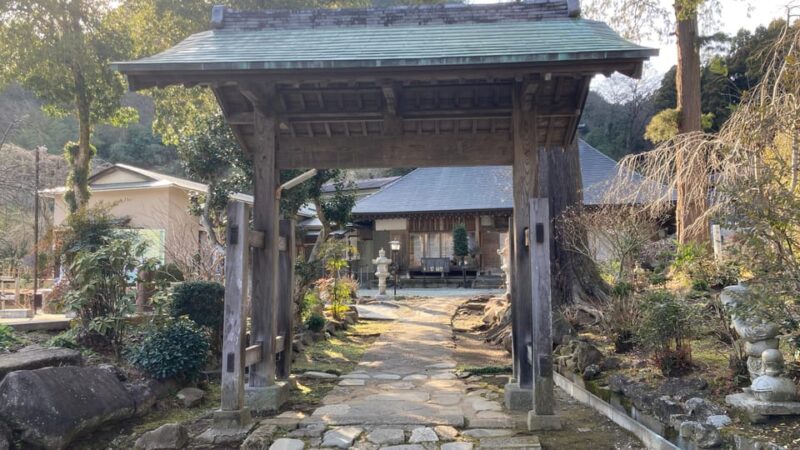
Following the immersion in zazen meditation and the savoring of the Shojin Ryori lunch, participants then partake in a traditional matcha tea ceremony. Matcha is a finely ground powder of specially grown and processed green tea leaves.
The ritual of the tea ceremony embodies the Japanese aesthetic values of harmony, respect, purity, and tranquility. Participants learn the proper techniques for whisking the matcha, appreciating the bowl’s beauty, and sipping the frothy green tea in a mindful manner.
This ceremony provides a tranquil moment to further cultivate inner peace and connect with Japanese cultural heritage.
More Great Tours NearbyUncovering Temple’s Historic Legacy
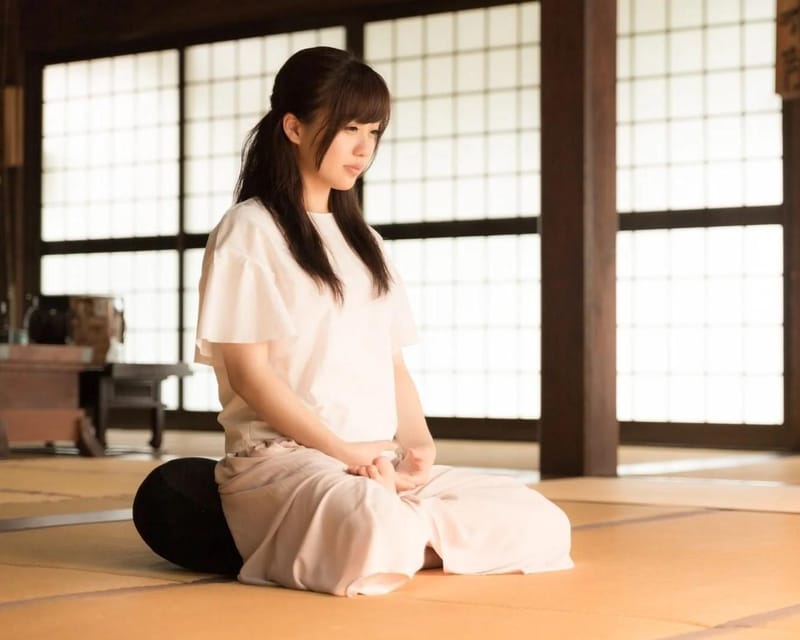
Steeped in centuries of history, the temple where the experience takes place offers a glimpse into Japan’s revered spiritual and cultural traditions. As participants step inside this hallowed space, they uncover the temple’s storied past:
The temple was originally founded in the 12th century and has served as a hub for Zen Buddhist practice for generations.
The elegant architecture, including a meticulously-maintained garden, reflects the refined aesthetic sensibilities that define traditional Japanese design.
Centuries-old artifacts, such as intricate calligraphy and carved Buddha statues, adorn the temple’s interior, demonstrating its deep-rooted connection to the country’s artistic heritage.
The temple’s role as a center of spiritual contemplation and community endures, offering visitors a profound connection to Japan’s enduring cultural identity.
Recommended Attire and Accessibility
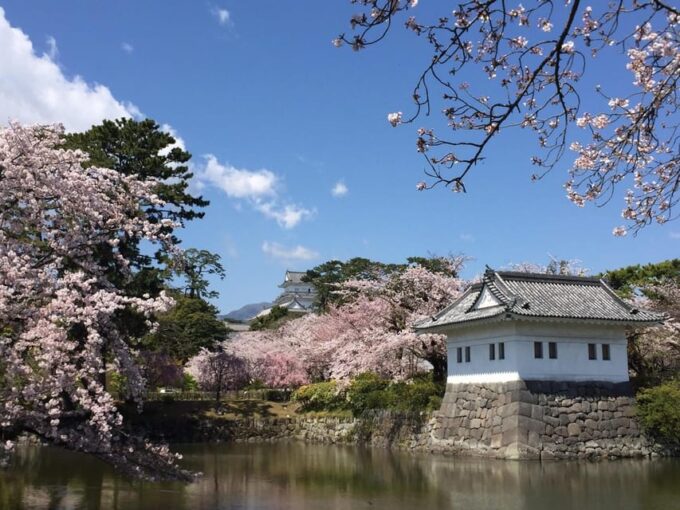
Comfortable shoes and loose, breathable clothing are recommended for this experience. As the activities involve seated meditation and walking, wearing comfortable attire will ensure maximum comfort and ease of movement.
It’s important to note that this experience isn’t suitable for children under 12, wheelchair users, or individuals over 95 years of age. This is due to the physical nature of the activities and the limited accessibility within the historic temple. Guests are advised to consider their mobility and physical capabilities before booking.
Smoking is strictly prohibited on the premises to preserve the tranquil environment. By adhering to the recommended attire and accessibility guidelines, visitors can fully enjoy the Zen-inspired journey.
Cancellation Policy Details
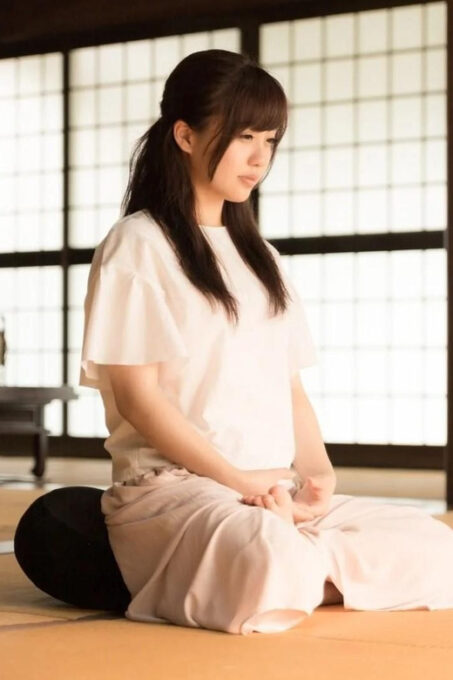
The cancellation policy for this experience allows for free cancellation up to 24 hours in advance. This provides flexibility for participants who may need to change their plans.
Cancellations within 24 hours of the scheduled start time aren’t eligible for a refund.
Rescheduling is subject to availability and may incur additional fees.
No-shows will be charged the full price of the experience.
Participants are encouraged to review the cancellation policy carefully before booking to ensure it aligns with their needs.
Additional Considerations
Participants should note that the experience isn’t suitable for certain individuals, including children under 12, wheelchair users, or those over 95 years old. Comfortable shoes and clothing are recommended, as the event involves sitting and moving around the temple.
Smoking is strictly prohibited throughout the duration of the experience. The tranquil atmosphere encourages a contemplative mindset, so participants should be prepared to immerse themselves fully in the Zen meditation, shojin ryori cuisine, and traditional tea ceremony.
An open and respectful attitude is essential to fully appreciate the cultural and spiritual significance of this unique offering in Odawara.
Frequently Asked Questions
Can I Bring My Pet to the Experience?
Unfortunately, pets are not allowed on this experience. The activity details specify it’s not suitable for children under 12, so pets wouldn’t be permitted either. Participants are advised to wear comfortable clothes and shoes for the temple visit and activities.
Is There a Dress Code for the Activities?
There’s no strict dress code, but comfortable clothes are recommended. The activities may involve some walking, so it’s best to wear shoes you can move around in easily.
Are Any Dietary Preferences Accommodated?
Yes, the experience can accommodate dietary preferences. The Shojin Ryori lunch served is vegetarian, and the host can cater to other dietary needs with advance notice.
Can I Extend the Duration of the Experience?
Yes, you can extend the duration of the experience. The activity offers flexibility, allowing customers to customize the length of their journey based on their preferences and schedules.
Are Discounts Available for Group Bookings?
Yes, discounts are available for group bookings. Customers can inquire about group rates when making their reservation. Rates may vary depending on group size and availability.
Recap
Odawara’s temple offers a deeply immersive cultural experience, allowing visitors to partake in traditional Japanese practices like Zen meditation, Shojin Ryori cuisine, and a tea ceremony. These authentic experiences provide a transformative connection to the city’s spiritual heritage, leaving visitors with a newfound appreciation for Japan’s rich cultural traditions.
You can check availability for your dates here:More Tour Reviews in Odawara
- Odawara: Sushi Dinner and Karaoke Experience With Geisha
- Private Unforgatable Snorkeling Day Trip in Izu (Shizuoka)
- Odawara: Sushi Course Dinner and Karaoke Experience
- Odawara: Izakaya Dinner and Karaoke Lounge Experience
- Odawara: Zazen Meditation and Tea Ceremony With Lunch
- Odawara: Izakaya Dinner and Karaoke Experience With Geisha
Not for you? Here's more things to do in Odawara we have recnetly reviewed
- 2 Best Guided Tours In Odawara
- 3 Best Tours In Odawara
- 5 Best Dinner Tours In Odawara
- 6 Best Dining Experiences In Odawara
- Lacquer Polishing Create Unique Japanese Tableware
- Hakone Sightseeing Private Tour From Tokyo
- Odawara: Odawara Fish Market Experience
- Become a Lord of Odawara Castle Private Tour
- Japanese Traditional Music Experience in Odawara
- Traditional Yosegi Coaster Making
- Kaiseki Cuisine and Geisha Play in Hakone
- 2 Best Historical Tours In Odawara
